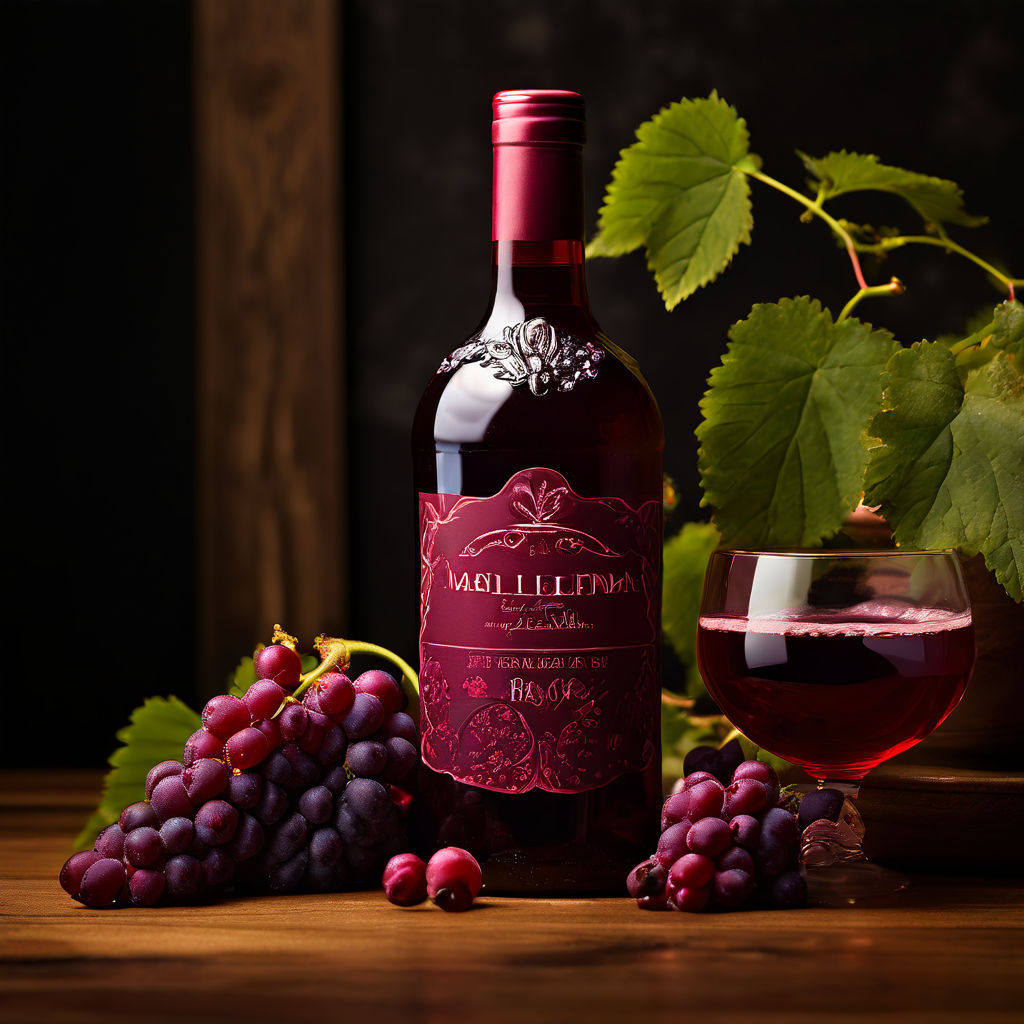But what exactly is the best source of resveratrol, and is it safe to take every day? Furthermore, does resveratrol have the capacity to build collagen, a key protein responsible for skin elasticity and youthfulness.
Numerous studies have investigated various sources of resveratrol, with red wine and grape skins emerging as popular options. In one study published in the journal "Frontiers in Nutrition," researchers compared resveratrol content in red wines from different regions and found varying levels, suggesting that the concentration of resveratrol in wine depends on factors like grape variety and winemaking techniques.
Several wine-making techniques and grape varieties have been shown to contain higher concentrations of resveratrol compared to others. When it comes to winemaking techniques, the following methods have been linked to higher resveratrol content:
1. Extended Maceration: This technique involves leaving grape skins in contact with the juice for an extended period during fermentation. The longer the maceration period, the more resveratrol is extracted from the skins into the wine.
2. Oak Aging: Wines that are aged in oak barrels tend to have higher levels of resveratrol due to the contact with oak, which can further enhance the antioxidant properties of the compound.
3. Organic and Biodynamic Farming: Grapes grown using organic or biodynamic farming methods have been shown to have higher levels of resveratrol compared to conventionally grown grapes. These methods prioritize soil health and biodiversity, resulting in grapes with increased nutrient content, including resveratrol.
When it comes to grape varieties, certain grapes are known to be rich sources of resveratrol. Some of the grape varieties that contain high concentrations of resveratrol include:
1. Muscadine Grapes: Muscadine grapes, commonly found in the southeastern United States, are known to have the highest levels of resveratrol among all grape varieties. These grapes have thick skins, which contribute to their high resveratrol content.
2. Pinot Noir: This red wine grape variety is another excellent source of resveratrol. Pinot Noir grapes are known for their delicate flavors and aromas and have been shown to contain significant levels of the compound.
3. Petit Verdot: Petit Verdot is a red wine grape used mainly in blending, particularly in Bordeaux blends. This grape variety has also been found to have high levels of resveratrol, contributing to its antioxidant properties.
While these winemaking techniques and grape varieties have been associated with higher resveratrol concentrations, it is important to note that resveratrol content can vary based on factors like climate, soil conditions, and winemaking practices.
As such, choosing wines made from these techniques and grape varieties may offer a higher likelihood of consuming resveratrol-rich products, supporting potential health benefits associated with the compound.
Similarly, another study published in "Molecules" highlighted that grape skin extract contains significantly higher levels of resveratrol compared to grape pulp or juice, making it a potent source of the compound.
As for the safety of daily resveratrol consumption, a systematic review published in "Pharmacological Research" examined multiple clinical trials and concluded that resveratrol supplementation is generally safe when taken in appropriate doses. However, individual tolerance may vary, and consulting a healthcare provider before starting a daily regimen is advisable.
In the realm of skincare, resveratrol has gained attention for its potential anti-aging properties, prompting the development of resveratrol-infused creams and serums.
A study published in the "Journal of Cosmetic Dermatology" investigated the effects of a topical resveratrol cream on skin elasticity and found that participants experienced improved skin firmness and hydration after regular use. This suggests that resveratrol may indeed play a role in promoting youthful skin and combating the signs of aging.
Collagen synthesis is crucial for maintaining skin integrity and elasticity, and studies suggest that resveratrol may have a positive impact on collagen formation.
A study published in "Experimental Dermatology" demonstrated that resveratrol stimulates collagen synthesis in skin cells and protects against collagen degradation caused by UV radiation, highlighting its potential as a collagen-boosting agent.
In conclusion, while more research is needed to fully understand the benefits of resveratrol on skin health and anti-aging, current evidence suggests that it can be a valuable addition to skincare routine.
As always, consulting with a healthcare professional and conducting thorough research before incorporating resveratrol into your daily routine is recommended to maximize its benefits.

No comments:
Post a Comment